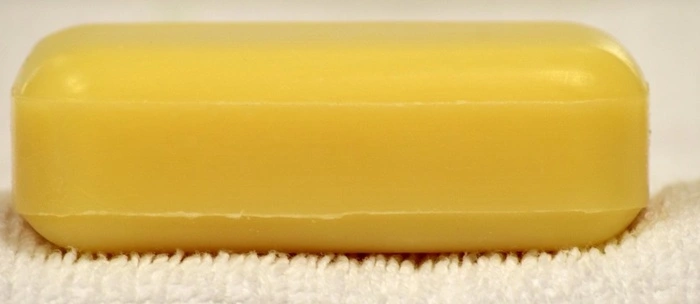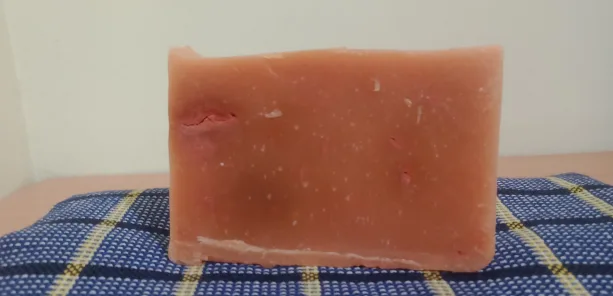 Doodle Information Portal
Doodle Information Portal
Aloe vera has been celebrated for centuries for its healing and soothing properties. When combined with the cleansing power of soap, it creates a gentle, effective, and nourishing product that can be a boon for your skin.
In this article, we will delve into the ingredients and composition of aloe vera soap, uncovering what makes it such a cherished choice for skincare enthusiasts.
Aloe vera, a succulent plant species, has been used in traditional medicine for its numerous benefits, including its ability to hydrate, soothe, and heal the skin.
Its clear gel, extracted from the leaves, contains a rich cocktail of vitamins, minerals, and antioxidants, making it a popular ingredient in many cosmetic and medicinal products.
Note: This is a general coverage of ingredients used in handmade aloe vera soaps and this article is for information purpose only. This is not indicative of the ingredients used in our Doodle Soap. At Doodle Soap we believe in local economies and only use oils that are native to our state of Tamilnadu in India. The only ingredient we buy from afar is French pink clay
Aloe vera soap typically combines the nourishing benefits of aloe vera with various other ingredients to create a product that is not only cleansing but also gentle and moisturizing. Let’s break down the common ingredients found in this type of soap:
Primary Component: Aloe vera gel is the star ingredient. It’s packed with vitamins A, C, E, and B12, as well as minerals like zinc and magnesium.
These nutrients help soothe the skin, reduce inflammation, and promote healing. The gel’s high water content also provides excellent hydration, making it ideal for both dry and sensitive skin.
Moisturizes and soothes the skin, provides antioxidants, and promotes healing.
Olive oil, coconut oil, palm oil, and sometimes castor oil. These oils are crucial for their moisturizing and emollient properties.
Oils act as a base for the soap, providing the necessary fats that, when combined with lye, undergo saponification to form soap. They also contribute to the soap's moisturizing effects, ensuring that it cleanses without stripping the skin of its natural oils.
Lye is a key ingredient in the soap-making process. When combined with oils, it causes saponification, a chemical reaction that produces soap and glycerin
Saponifies oils, turning them into soap, and helps to form a solid bar. While lye itself is a harsh substance, it is fully neutralized in the soap-making process, leaving no trace in the final product.
Lemongrass, citronella, cedarwood, lavender, tea tree, peppermint, bergamot and eucalyptus. These not only impart a pleasant scent but also offer additional skin benefits.
Provide natural fragrance and therapeutic properties. For instance, lavender is soothing, while tea tree oil has antiseptic properties.
Clays, herbal powders, and plant extracts. For example, spirulina can be used for a green hue, while turmeric gives a warm yellow color.
Adds natural color to the soap, enhancing its visual appeal without the use of synthetic dyes.
Oatmeal, chamomile, calendula, and green tea. These can be included to add texture and additional skin benefits.
Provide gentle exfoliation, additional soothing effects, and enhance the overall sensory experience.
Aloe vera soap is a harmonious blend of these ingredients, each contributing to its unique properties:
Aloe vera soap is a fantastic blend of nature’s finest ingredients, offering a gentle, nourishing, and therapeutic cleanse. Whether you’re purchasing a bar or making your own, understanding the composition and benefits of this soap can help you appreciate its role in a holistic skincare routine.
At Doodle Soapery we make the finest organic, cold process, handmade aloe vera soap at an affordable price of Rs 105 for 100g. Whatsapp Now to 90256 97739 to get this best friend onto your skin!

We publish unbiased information on handmade soap, its benefits, disadvantages, how to choose your soap, various flavours of soap, their benefits and other useful information on handmade natural soaps.
We also publish well-researched informational articles on skin-care in general.
 DIY Aloe Vera Cold Process Recipe
DIY Aloe Vera Cold Process Recipe
 Aloe Vera Soap Allergies
Aloe Vera Soap Allergies